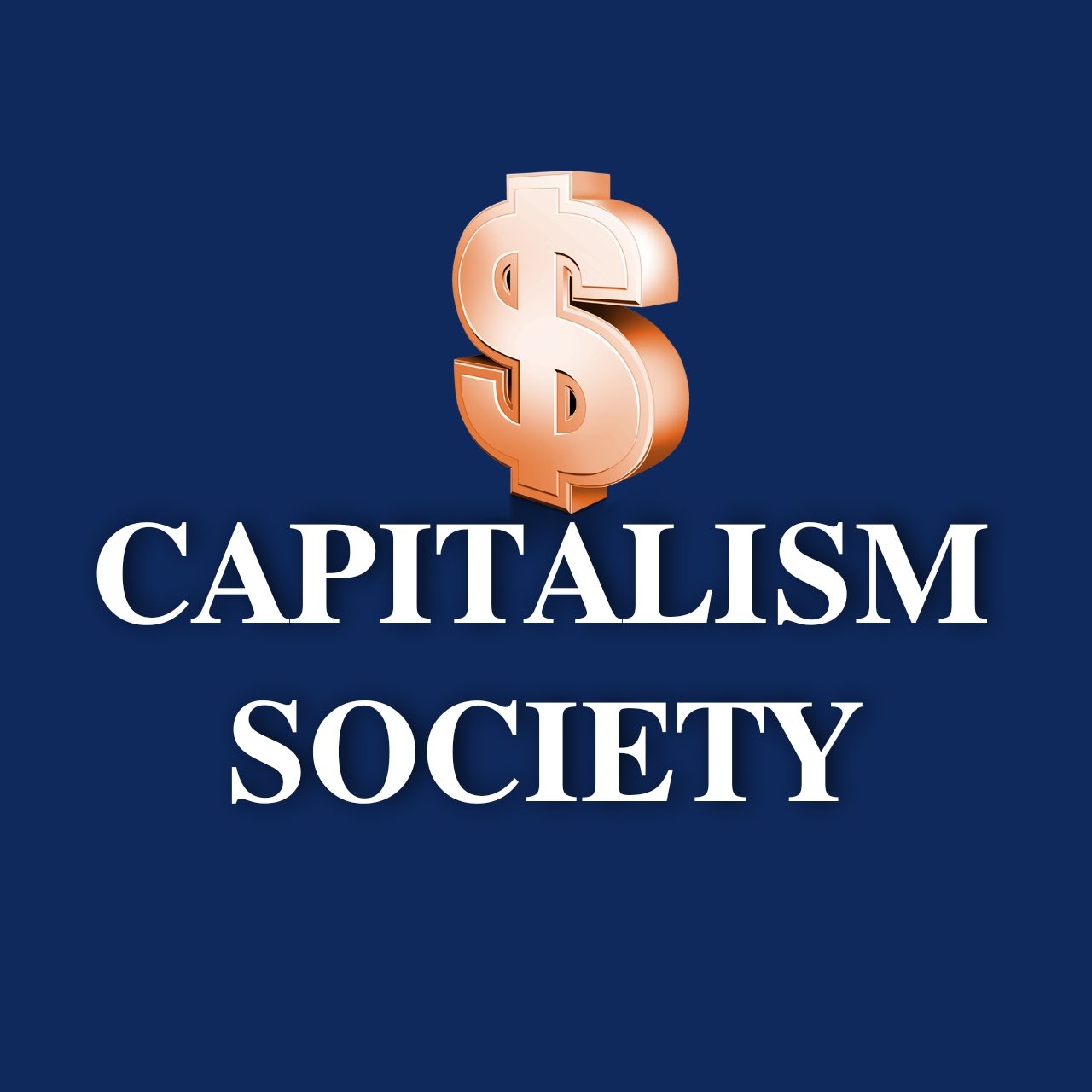The progressive development of mankind was determined by the further advance of the productive forces and , primarily , by the perfection of the instruments of labour . The remains of tools of fossil man were discovered in China , India , Ceylon , Burma , Algeria , Kenya , Uganda , Tanganyika and other regions of South Africa and Europe . In the U.S.S.R. the remains of fossil man and his tools were discovered in Armenia , the Crimea , along the Black Sea Coast of the Caucasus , in Central Asia and along the Dniester River .
Category: Basic forms of monopolies, Corporation, syndicates, trust,alliance, capitalist, enterprises, Connect2Jawed, themselves,monopolist alliance, commercial Independence,merge into a single enterprise, beco
Mythological Olympian Religion

By the 6th century B.C. more or less similar religious beliefs were held in common in all regions inhabited by the Greeks . These beliefs formed the basis of the Olympian religion , so called after Mount Olympus which was believed to be the home of the Gods , headed by Zeus . The Olympian religion was not connected with any organised religious body , dogma or ritual . The temples of the gods , though of definite significance in the religious lives of the people , did not , how ever , form a single system ; likewise , there was no special strata of religious attendants , no high priests . When necessary , persons chosen by the popular assembly carried out various religious functions . By making the gods human , the Olympian religion was able to penetrate deep into the masses and influence the working people . In time the cult of the Olympian gods became the official religion of the Greek polises , sanctifying the class suppression of the slaves and poor labourers . The masses , dissatisfied with their lack of civil rights , often coun tered the official religion by inaugurating cults of their own patron gods . Such , for instance , was the cult of Dionisius , patron of the tiller , in whose honour feasts and celebrations were held . This religious dissention can be considered the prototype of all later religious heresies .
BASIC FORMS OF MONOPOLIES

Basic Forms of Monopolies The basic forms of monopolies are cartels , syndicates , trusts and corporations . A cartel is an alliance of large capitalist enterprises . Its participants agree on the conditions of sale of their goods , the purchase of raw materials and dates of payments , divide the markets among themselves , fix the prices on the goods produced and the raw materials purchased , decide on the quantity of goods to be produced by each participant , etc. The enterprises belonging to a cartel retain their indepen dence .
A syndicate is a monopolist alliance of enterprises , in which the participants lose their commercial independence . The goods are produced independently , but their sale and sometimes the purchase of raw materials are effected through a common office . A trust is a monopolist association in which all the enter prises belonging to it lose their production and commercial independence and merge into a single enterprise , while their owners become share – holders and receive profits according to the number of shares they hold . The management of the production , financial and commercial activities of a trust is effected by a board elected by a meeting of the share – hold ers . The persons elected to the board of a trust are usually holders of a large block of shares . After the passage of the antitrust law in the U.S.A. in 1911 , the trusts began to call themselves companies . For example , Rockefeller’s giant oil trust , Standard Oil , divided itself into several companies Standard Oil of New Jersey , Standard Oil of California , etc. All these companies are controlled by the Rockefellers . A corporation is a monopolist association of enterprises of different branches of industry , banks , commercial firms , transport and insurance companies based on common financial interests and common financial dependence on a group of big capitalists who effect control over the enterprises belong ing to the concern . In the U.S.A. the electric industry is controlled by the General Electric Corporation , the aircraft industry is con trolled by the Douglas Aircraft Company , the aluminium industry – by the Mellon concern , and the chemical industry by Du Pont de Nemours and Company . In the automobile industry in 1956 only two monopolies – the General Motors Corporation and the Ford Motor Company – produced and sold 80 per cent of the automobiles . In each of the 43 branches of the manufacturing industry four corporations concentrate in their hands more than 75 per cent of the output , while in 102 branches of industry four of the biggest monopolies turn out from 50 to 75 per cent of the gross production The monopolies not only fail to eliminate the competition The competitive struggle is waged between monopolist associations within them , and between the monopolies and non – monopolised enterprises . Various methods of pressure , to the point of ruin by commercial machinations , are used against those who do not yield to the monopolies . In the bitter struggle among the monopolies all unfair means are used : bribery , violence , blackmail , sabotage and other criminal offences to the point of physical annihilation of the rivals .

